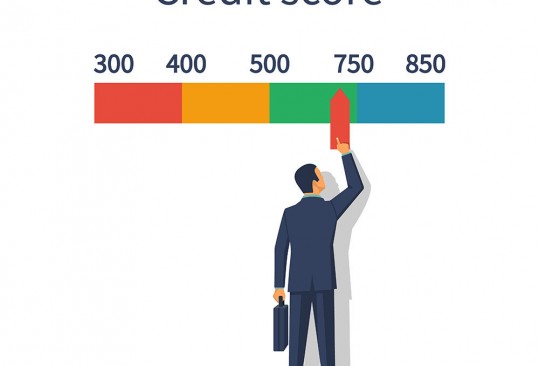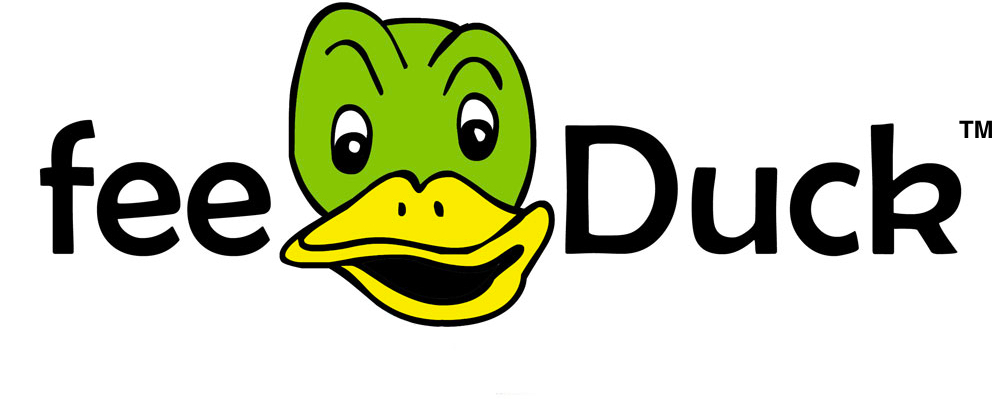4 Simple Ways to Improve and Maintain Your Credit Score

After reading my first article on credit scores, you should have a pretty good understanding of that three digit number lenders care so much about. But what if your credit score isn’t where you’d like it to be? Or maybe you have a good credit score and you’d like to keep it that way. In this article we’re going to look at simple ways to improve and maintain your credit score.
- Regularly Review Your Credit Report and Correct Errors
It’s important to regularly review your credit report. By reviewing your credit report on a regular basis, you can spot errors and potential fraud. If you see potential fraud, you can investigate and report it to the authorities if necessary. If you see errors, you can take the necessary steps to get them resolved. You’ll want to review both your Equifax and TransUnion credit reports to make sure they’re error free. While they’re usually similar, sometimes there are differences. By being proactive, you can help ensure your credit report and credit score are in good shape the next time you apply for a major loan like a mortgage.
- Increase Your Credit Limit
While this may seem counterintuitive, sometimes it can actually help your credit score to increase your credit limit. The reason is simple. Credit utilization is one factor lenders look at. But if you constantly have a balance that’s over 50 percent of your credit limit, this can lower your credit score. An easy way to resolve this is to request a higher credit limit. You’ll be spending the same amount, but your credit score is likely to be better since you’re not getting as close to your limit. (This makes sense as long as you don’t start spending more with your new higher credit limit.)
- Automate Your Payments
Have you ever been late on any of your debt payments? I think we all have at one point or another. When this happens it’s usually not on purpose. However, those late payments count against your credit score. A simple way to avoid being late on your debt payments is to automate them. Set up your debt payments so that the money is automatically withdrawn from your bank account on a monthly basis.
- Always Make at Least the Minimum Payment
It may sound like common knowledge, but you always want to make at least the minimum payment. As mentioned, missing just one payment can hurt your credit score. Ideally you’ll want to pay off your credit cards in full each month, but if you can’t afford to, make at least the minimum payment.
Now there are cases when you might think it’s ok to not make your minimum payment. If you’re focusing on paying off several credit cards, you might prioritize one credit card over the others (i.e. if it has a higher interest rate or lower balance). That’s fine to do, but make sure you make the minimum payment on all your other credit cards, too.
Likewise, if you paid a lot towards your credit card balance one month, it doesn’t mean it’s ok to skip paying it the next month. You’ll want to make at least the minimum payment the next month as well.
Written by Sean Cooper
Sean Cooper is the bestselling author of the book, Burn Your Mortgage: The Simple, Powerful Path to Financial Freedom for Canadians. He bought his first house when he was only 27 in Toronto and paid off his mortgage in just 3 years by age 30. Sean’s helping others with their mortgages as an independent mortgage broker. Get in touch with him for all your mortgage needs. For a free mortgage consultation, email Sean@BurnYourMortgage.ca or call 647–867–3711.
